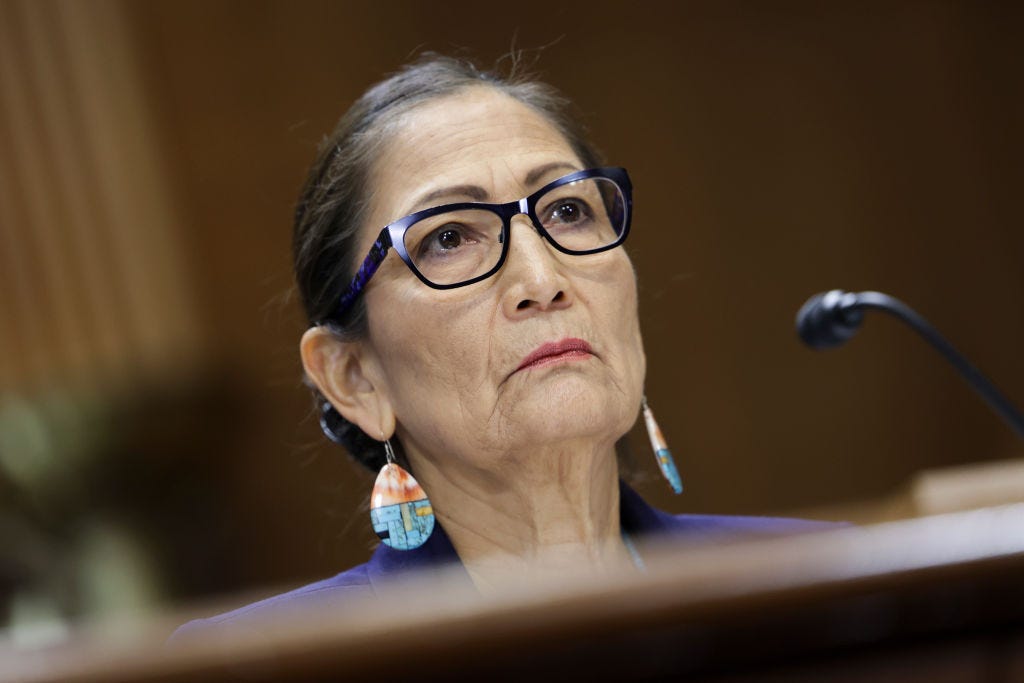'Our voices matter': Boarding school descendant holds Haaland accountable
Road to healing? Or road to silence?

Last week, Indigenous Wire brought you a story that explained some of the difficulties federal employees at the U.S. Department of the Interi…
Keep reading with a 7-day free trial
Subscribe to Indigenous Wire to keep reading this post and get 7 days of free access to the full post archives.

